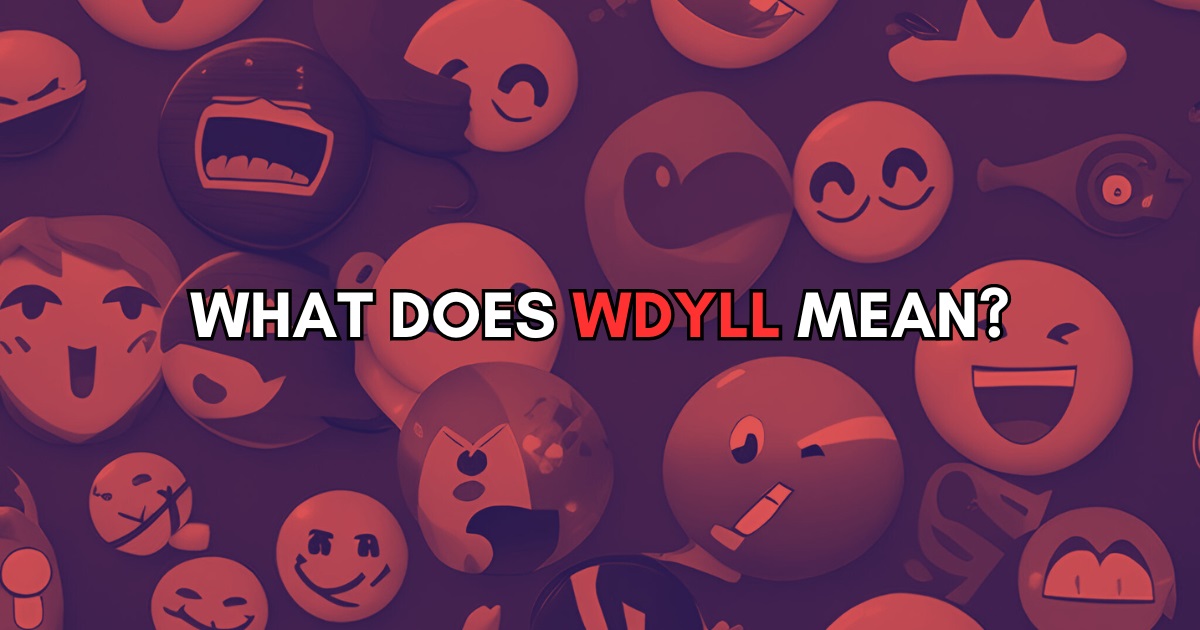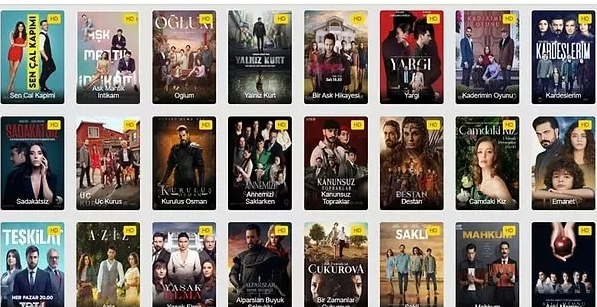Introduction
Have you ever found yourself utterly engrossed in a new book, hobby, or skill, completely losing track of time? That feeling is at the heart of “What Do You Love Learning?” or WDYLL. This concept encourages us to explore our passions and commit to lifelong learning. In a world that’s constantly evolving, staying curious and dedicated to learning is not just beneficial—it’s essential.
The Joy of Learning
Learning isn’t just about acquiring knowledge; it’s about the thrill of discovery and the satisfaction of mastering something new. Whether it’s the excitement of understanding a complex topic or the joy of a new hobby, learning brings a unique emotional high. It fosters personal growth, boosts self-esteem, and provides a sense of accomplishment.
Why Lifelong Learning Matters
In today’s fast-paced world, change is the only constant. Lifelong learning helps us stay relevant and adaptable. It equips us with the skills needed to navigate through career changes and advancements. By continuously updating our knowledge, we remain competitive and ready to tackle new challenges.
Identifying What You Love to Learn
So, how do you figure out what you love to learn? Start by reflecting on past experiences that brought you joy or sparked your curiosity. Consider your passions and interests. What topics or activities make you lose track of time? These are often good indicators of what you truly love to learn.
Popular Learning Topics
Technology and Coding: With the digital revolution, learning about technology and coding has become incredibly popular. It’s not only useful but also fascinating to understand how the digital world operates.
Art and Creativity: Whether it’s painting, music, or writing, creative pursuits allow us to express ourselves and see the world from different perspectives.
Health and Wellness: Understanding how to take care of our bodies and minds is crucial. Topics like nutrition, mental health, and fitness are not just trends—they’re essential for a balanced life.
History and Culture: Learning about different cultures and historical events helps us appreciate the diversity and richness of our world.
Methods of Learning
Traditional Education: Universities and colleges offer structured learning environments and recognized qualifications.
Online Courses: Platforms like Coursera, Udemy, and Khan Academy provide a wide range of courses that you can take at your own pace.
Books and Articles: Reading remains one of the best ways to gain knowledge. Whether it’s fiction, non-fiction, or academic texts, there’s always something new to learn.
Hands-on Experiences: Sometimes, the best way to learn is by doing. Engaging in practical activities can deepen your understanding and make learning more enjoyable.
Creating a Learning Plan
To make the most of your learning journey, it’s important to have a plan. Set achievable goals and identify the resources you’ll need. Schedule regular time for learning and track your progress. This will help you stay focused and motivated.
Overcoming Learning Obstacles
Learning isn’t always easy. You might face time management issues, financial constraints, or a lack of motivation. The key is to find solutions that work for you. Prioritize your tasks, seek free or affordable resources, and remind yourself why you started learning in the first place.
The Role of Technology in Learning
Technology has revolutionized learning. E-learning platforms, educational apps, and virtual/augmented reality tools have made education more accessible and interactive. These tools offer flexible and engaging ways to learn, breaking down geographical and financial barriers.
Community Learning
Learning doesn’t have to be a solitary activity. Study groups, learning communities, and social media forums provide support and motivation. Networking with like-minded individuals can enhance your learning experience and offer new perspectives.
Learning for Career Advancement
Continuous learning is a key component of career growth. Acquiring new skills makes you more competitive and opens up new opportunities. Many industries value certifications and ongoing education, seeing them as a commitment to professional development.
Learning for Personal Fulfillment
Beyond career benefits, learning enriches our personal lives. Hobbies and leisure activities, self-improvement efforts, and the simple joy of mastering new skills contribute to our overall happiness and mental well-being.
Balancing Learning with Daily Life
Integrating learning into your daily routine can be challenging but rewarding. Try to blend learning with your regular activities. Listen to audiobooks while commuting, take short courses during lunch breaks, or dedicate a few minutes before bed to reading.
The Future of Learning
The landscape of education is constantly changing. Trends like personalized learning, microlearning, and the increasing use of AI in education are shaping the future. Embracing these trends will help us continue learning effectively in the digital age.
Conclusion
Learning is a lifelong journey that enriches our lives in countless ways. It keeps us curious, adaptable, and fulfilled. So, what do you love learning? Embrace your passions and let the journey begin!



